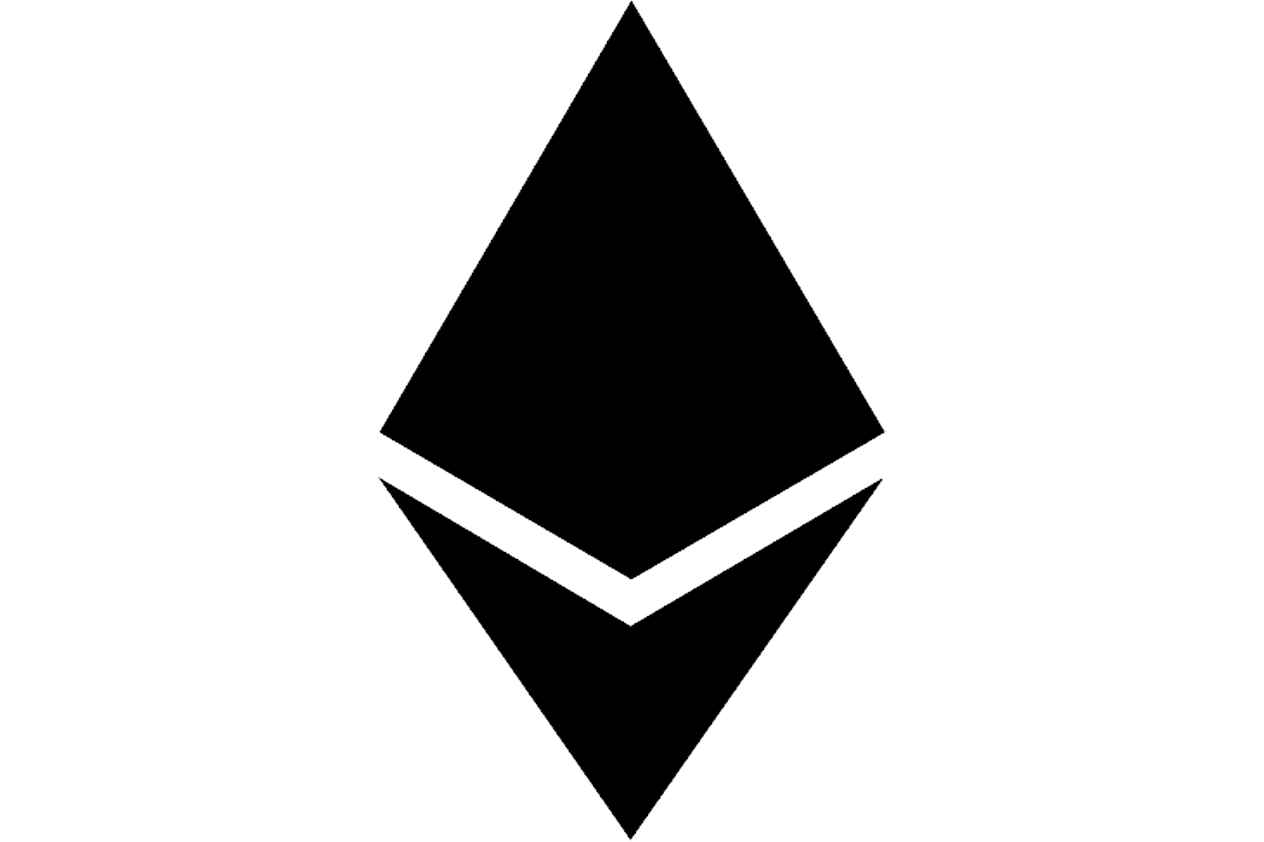The iShares Ethereum Trust ETF is not an investment company registered under the Investment Company Act of 1940, and therefore is not subject to the same regulatory requirements as mutual funds or ETFs registered under the Investment Company Act of 1940.
THE CASE FOR THE iSHARES ETHEREUM TRUST ETF
GET EXPOSURE TO ETHER...
ETHA enables investors to get exposure to ether, Ethereum's native token, the second-largest cryptocurrency, within a traditional brokerage accounts.1
...THROUGH THE CONVENIENCE OF AN EXCHANGE-TRADED PRODUCT (ETP)
ETHA can help remove operational burdens associated with directly holding Ethereum's native token, ether, as well as potentially high trading costs and tax reporting complexities.
...BUILT BY THE LARGEST ASSET MANAGER
ETHA is managed by the world’s largest asset manager and leverages a multi-year technology integration developed with Coinbase Prime, the world’s largest institutional digital asset custodian.2
ETHEREUM EXPOSURE MADE EASY
FREQUENTLY ASKED QUESTIONS
Ether is the world’s second largest cryptocurrency by market capitalization1 after bitcoin, with a highly programmable blockchain that provides infrastructure for a diverse range of assets and use cases.
Ethereum is a technology platform that can be thought of similarly to an app store, in that it generates revenue as platform usage increases and more applications are built on top of it.
Ethereum’s native token, ether, is used to pay a transaction fee for activity on the platform.
Bitcoin is the world’s largest cryptocurrency3 and the first digital asset to gain broad global adoption. Bitcoin enables value to be transferred between parties without requiring a trusted intermediary. It’s a decentralized asset with a finite supply that’s commonly seen as an alternative monetary instrument untethered from government-issued currencies.
Ether is the second-largest cryptocurrency by market cap1 and a flexible technology platform supporting applications or programs that can run without a centralized intermediary. This includes payments, but also a wide array of other applications, like decentralized financial services and tokenized (the issuance of financial assets on a blockchain) assets. Think of it as an open-source app store that anyone can build on.
The investment characteristics of bitcoin and ether are considerably different, including their drivers of return and risk. Ethereum is less mature than bitcoin, and investors should understand the additional risks associated with it, including competition, regulatory, and technology risk.
Ethereum’s value proposition lies in its flexibility and ability to support more sophisticated applications beyond simple value transfers. Ethereum has the largest and most active community of software contributors,4 who implement upgrades that enhance the platform’s functionality. These developers are not just concerned about maintaining relevance; they contribute to a platform that can adapt and expand, providing a solid foundation for assets and activities now and in the future. Today, the applications on Ethereum that have gained the most traction are stablecoins (USD-linked tokens used for payments) decentralized finance (the re-creation of traditional financial services such as borrowing & lending on a blockchain), and tokenization (the issuance of financial assets on a blockchain).
When applications are built on Ethereum, it is ether tokens that function as the money required to transact in the Ethereum ecosystem. This ether, when spent on transaction fees, is destroyed and removed from circulation, potentially reducing the supply of ether as platform usage grows. As such, investing in ether is expressing a view that more applications will be built on Ethereum’s open and permissionless programming infrastructure, with the idea of attracting more users, more revenue, and expanding the universe in which ether is utilized as money.
As Ethereum has grown in popularity, so have the investment options. One of the ways investors can invest directly in ether, the native token for Ethereum, is through crypto exchanges. But for investors who prefer the convenience of exchange-traded products, the iShares Ethereum Trust ETF (ETHA) provides exposure through traditional brokerage platforms — the same place you purchase stocks, bonds, and ETFs/ETPs.
Ethereum ETPs are generally accessible on traditional brokerage platforms — the same place investors can also purchase stocks, bonds, and other ETFs/ETPs.
Ethereum ETPs help alleviate some of the challenges of investing directly in ether, such as storage. Investors holding the asset directly must create their own custody set up or evaluate crypto exchanges. Holding the asset directly in a crypto wallet requires users to maintain passwords and/or private keys to prevent loss.
With an Ethereum ETP, investors own shares of the ETP and outsource storage to the asset manager and their custodian partner. It’s important to note, however, that investing in an Ethereum ETP still involves risk, including possible loss of principal.
No, the iShares Ethereum Trust ETF will not stake its ether at this time. Staking involves operational complexities and regulatory issues that currently make it unfeasible.

